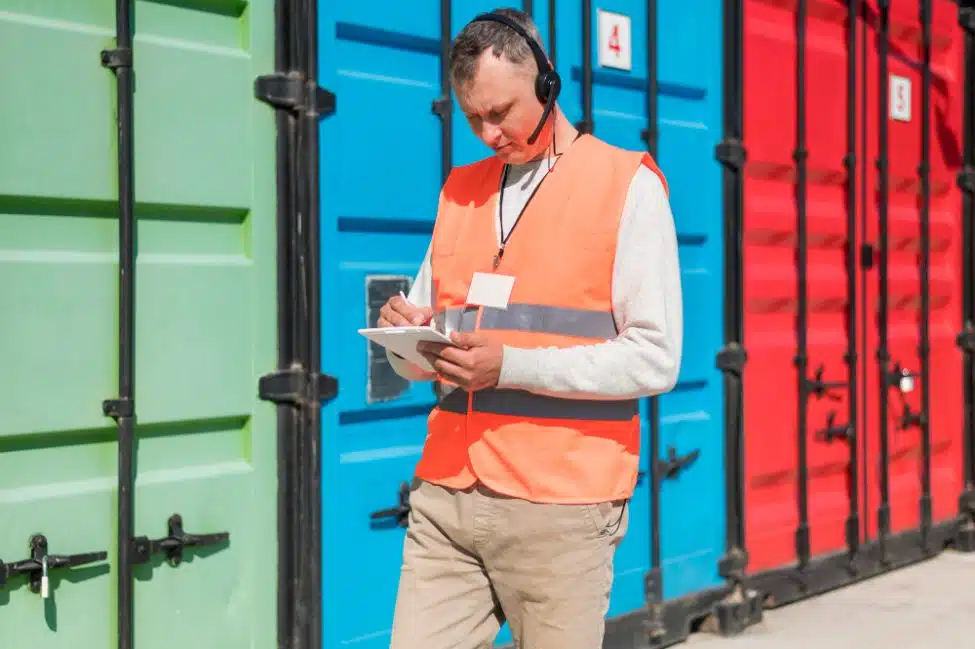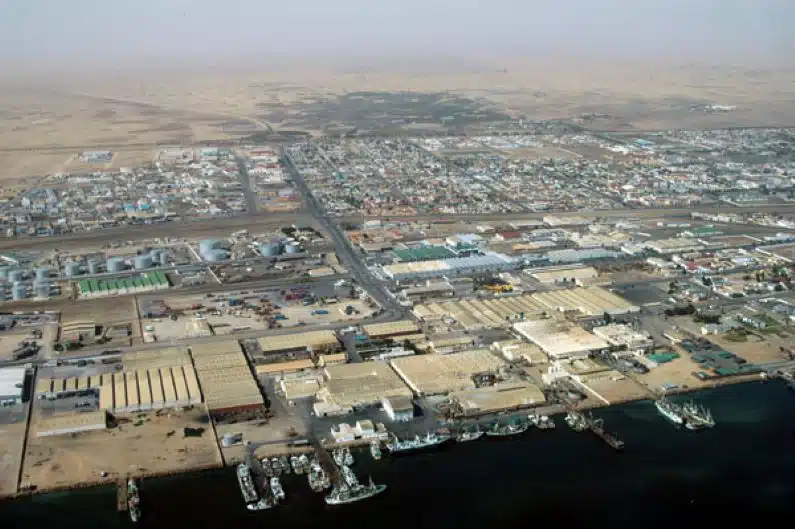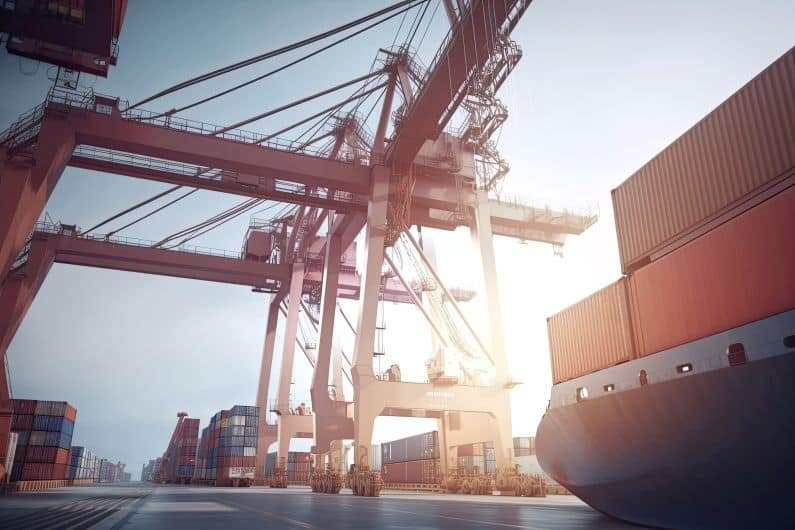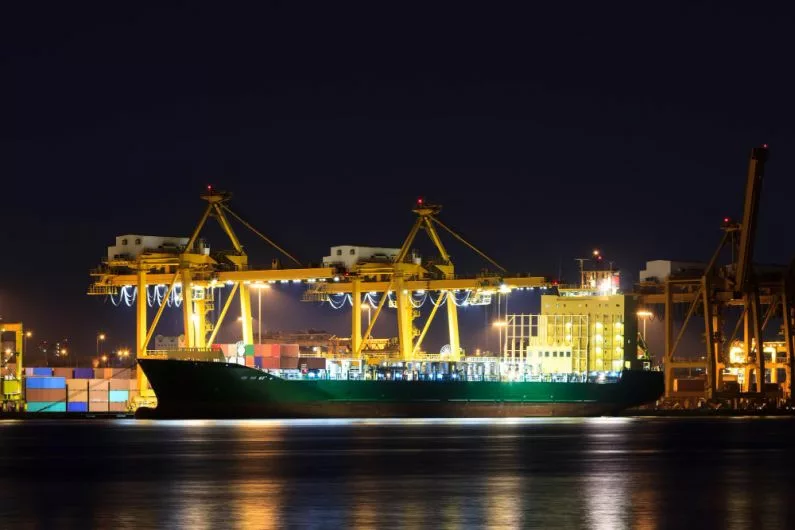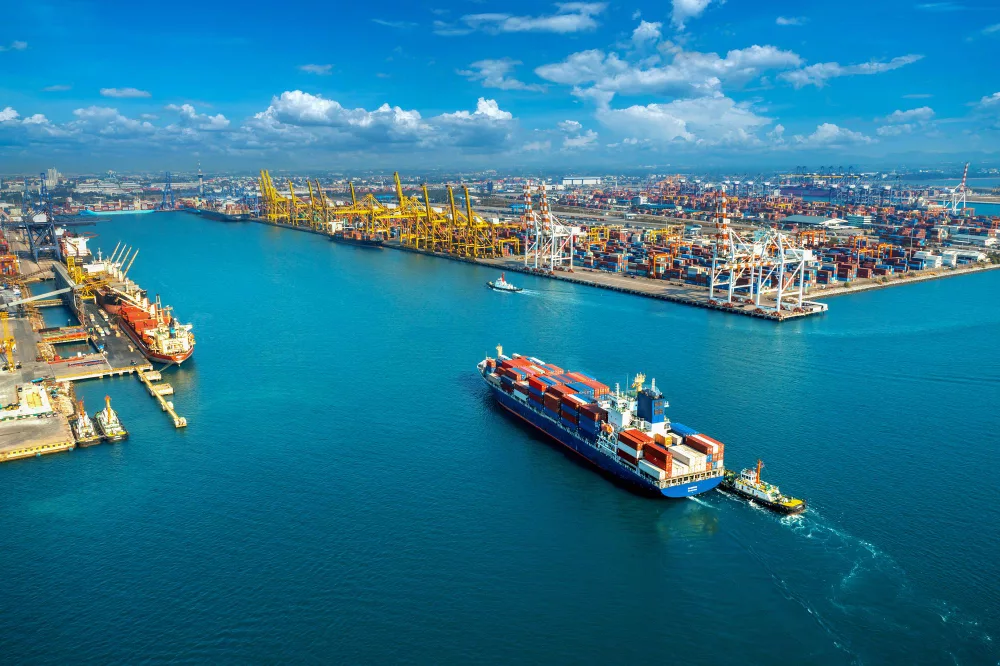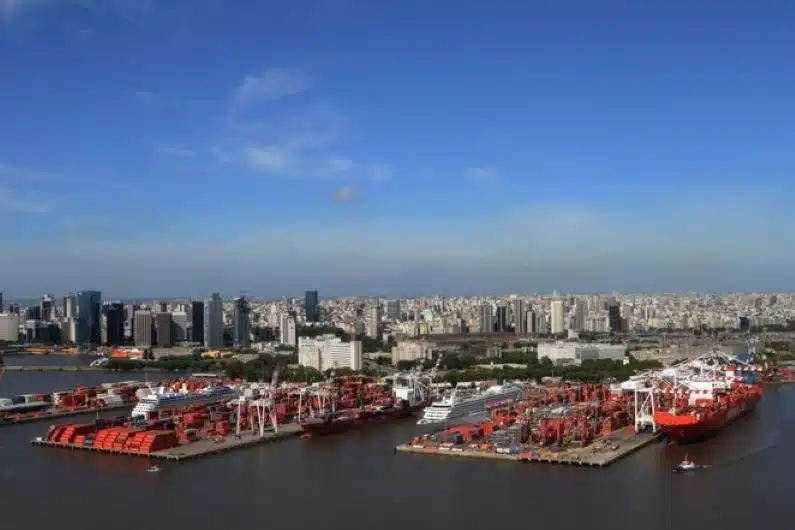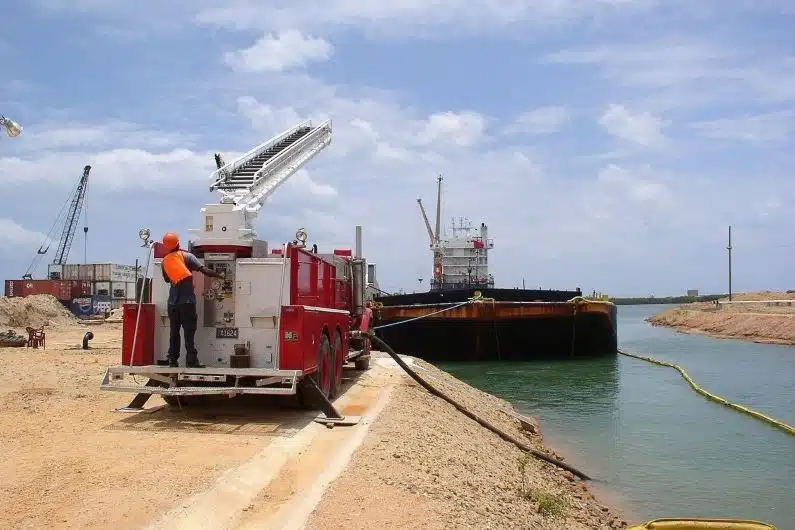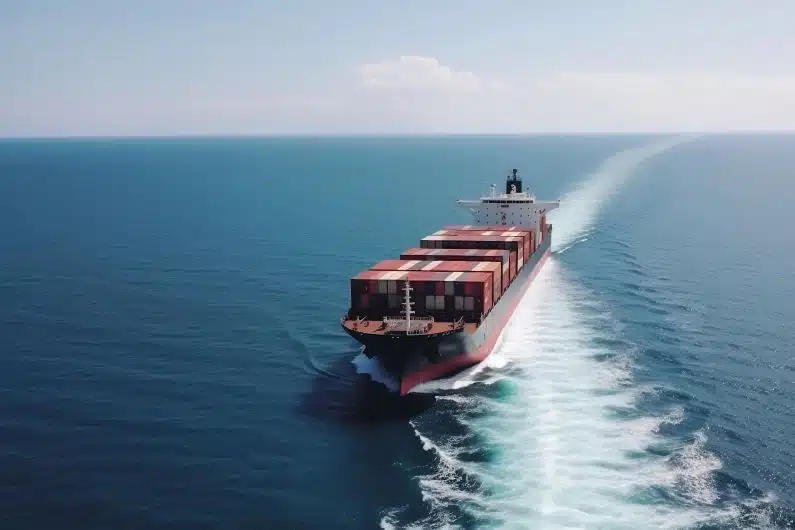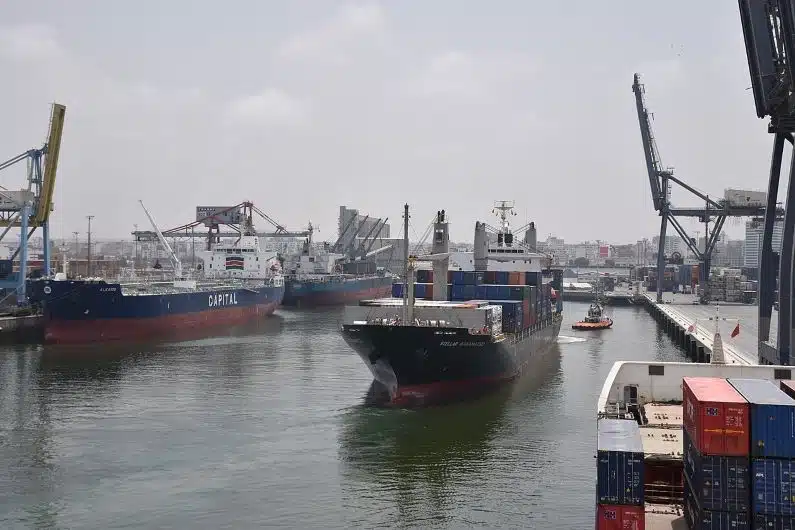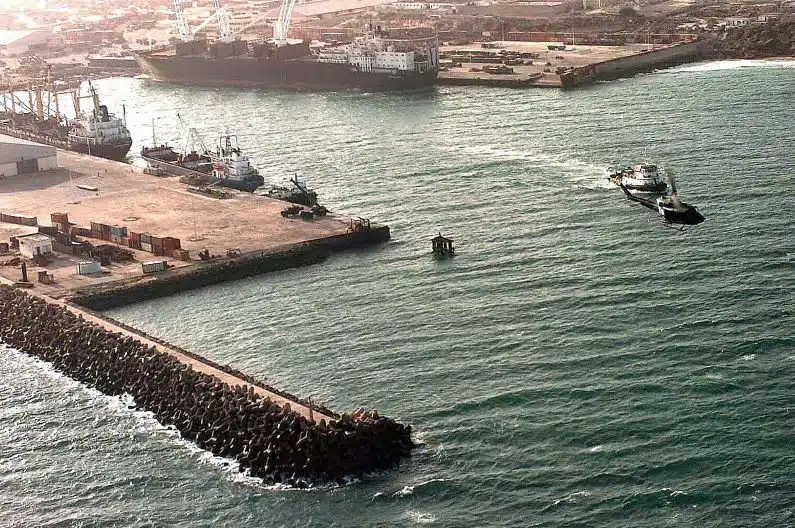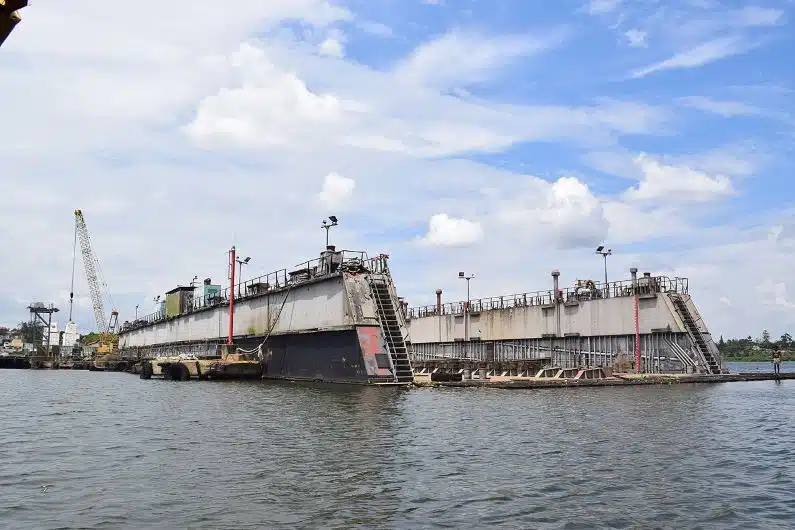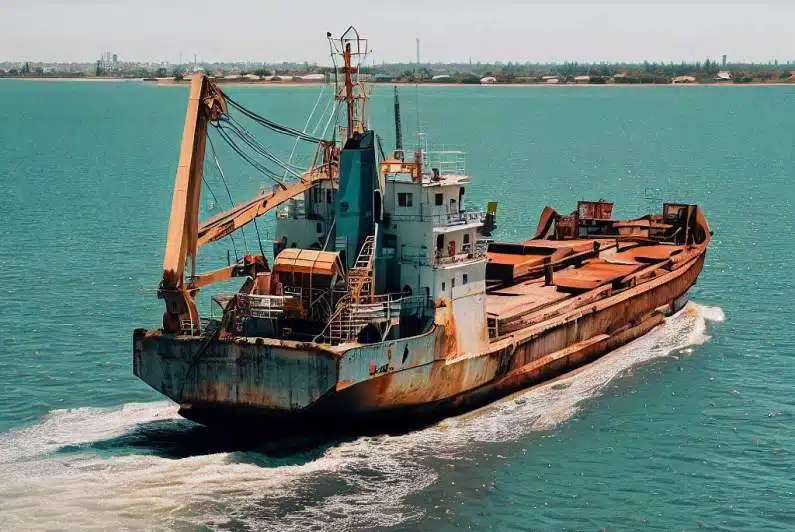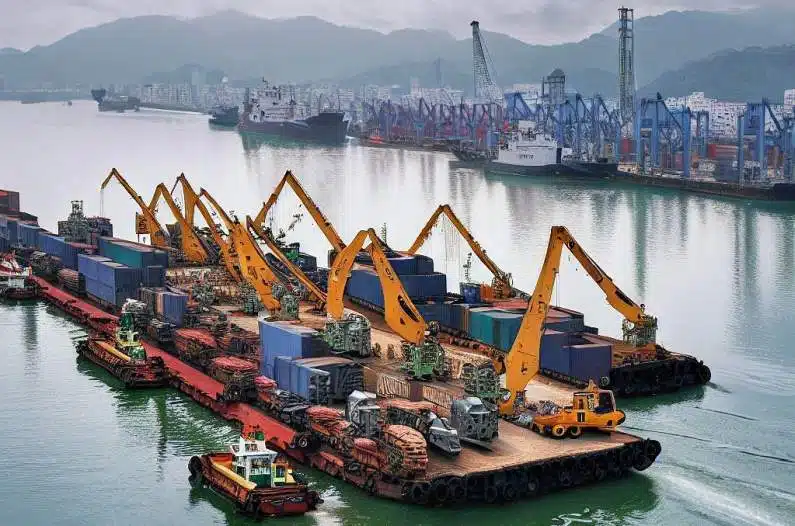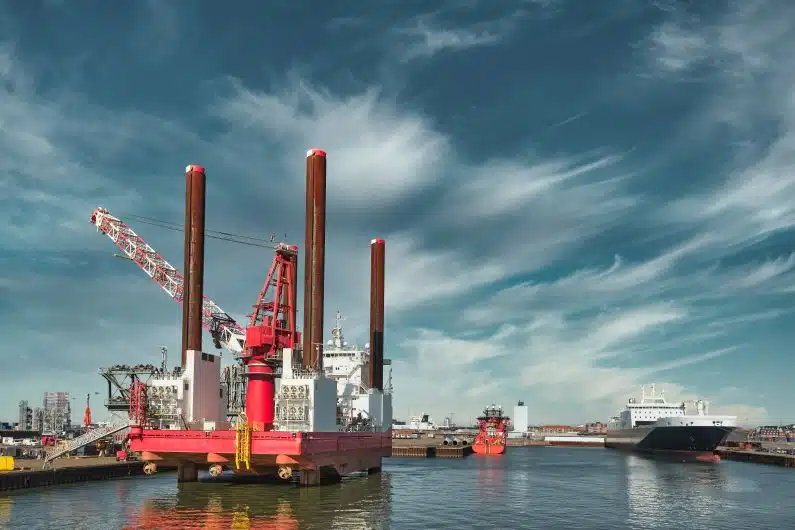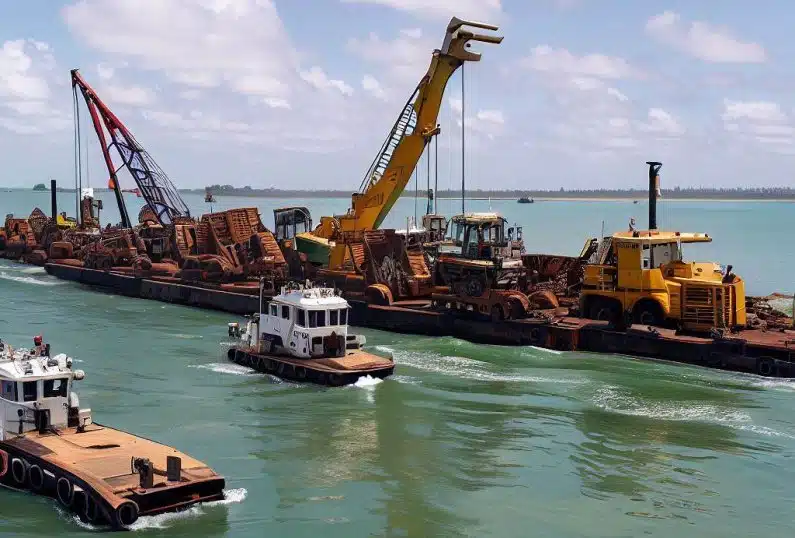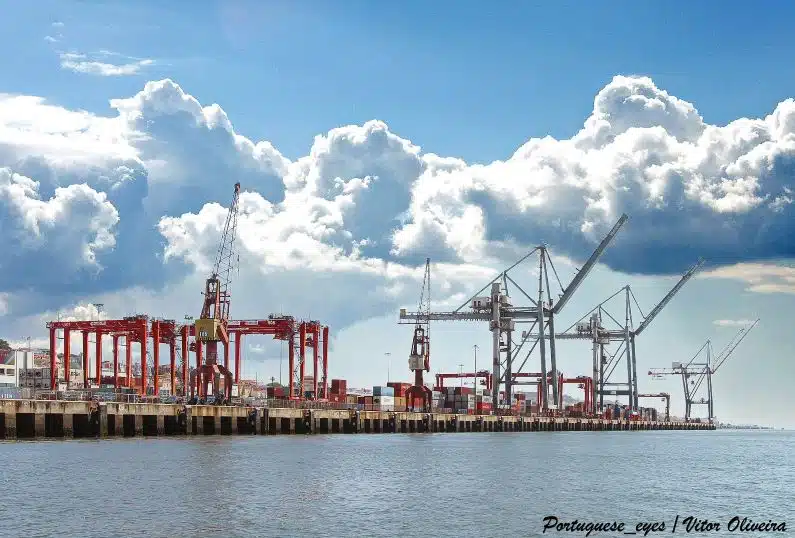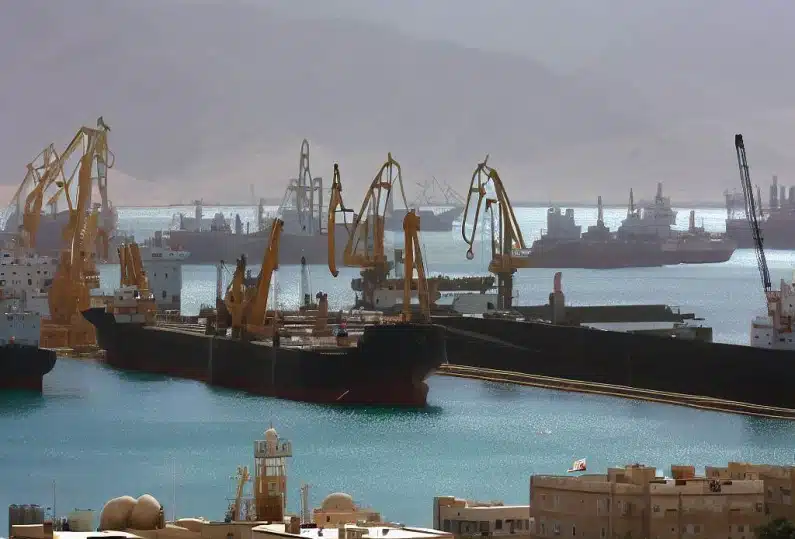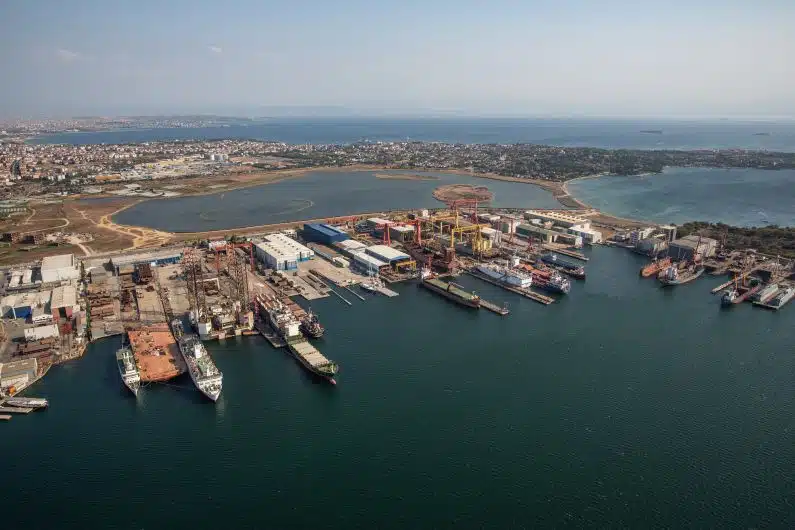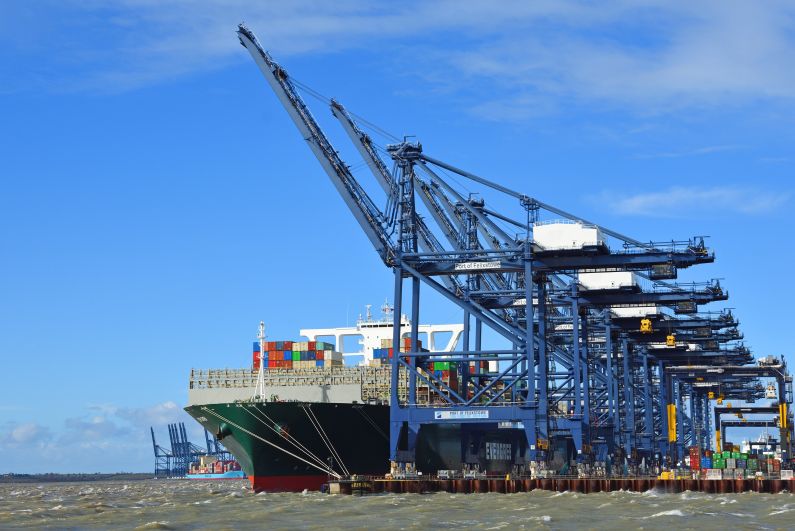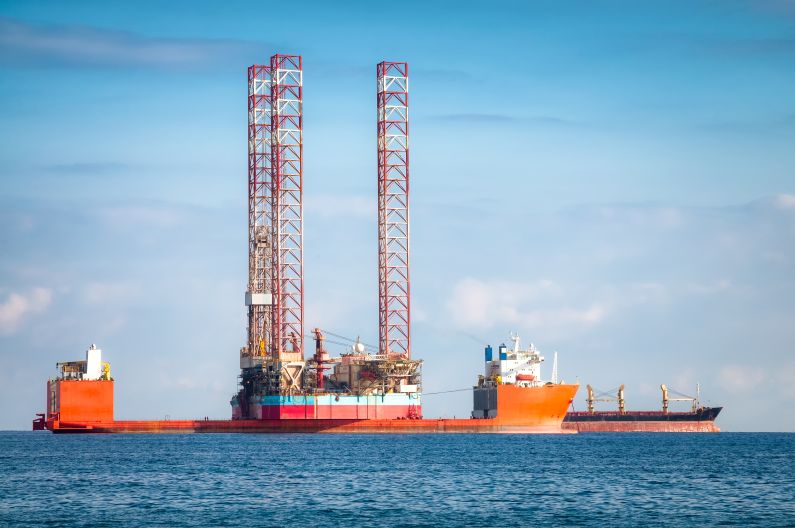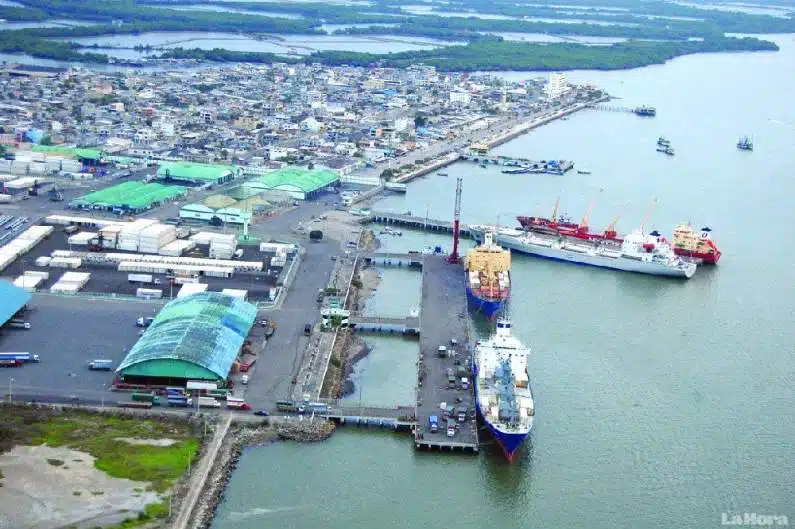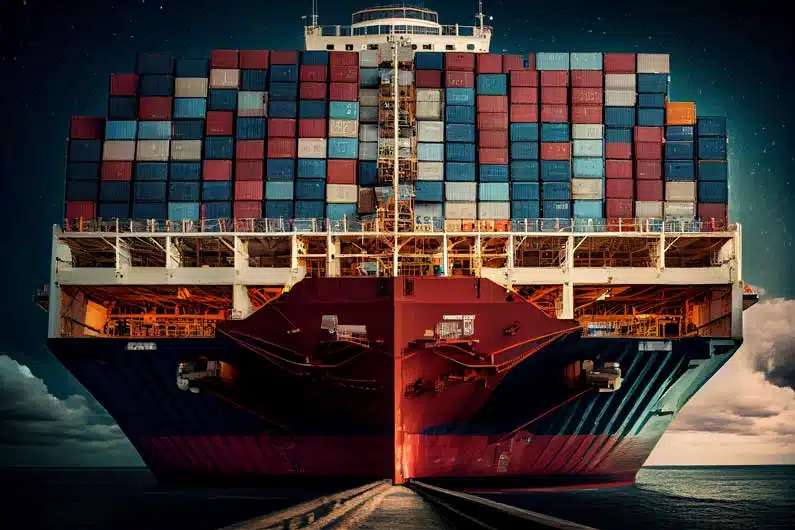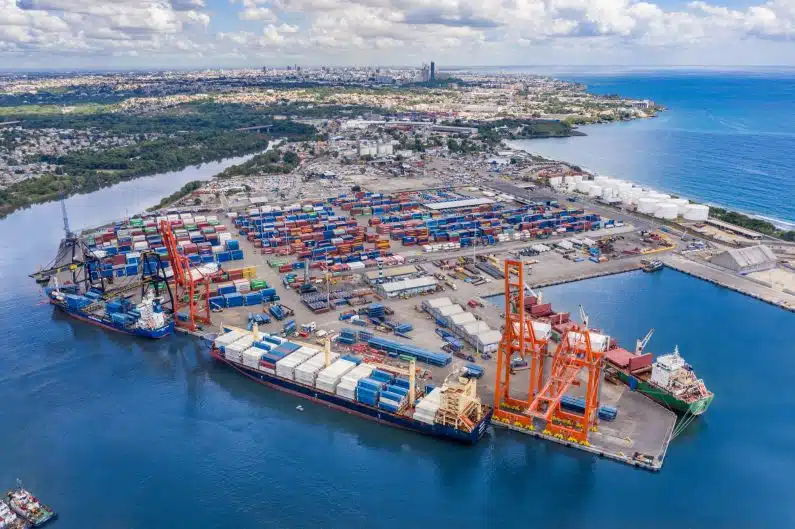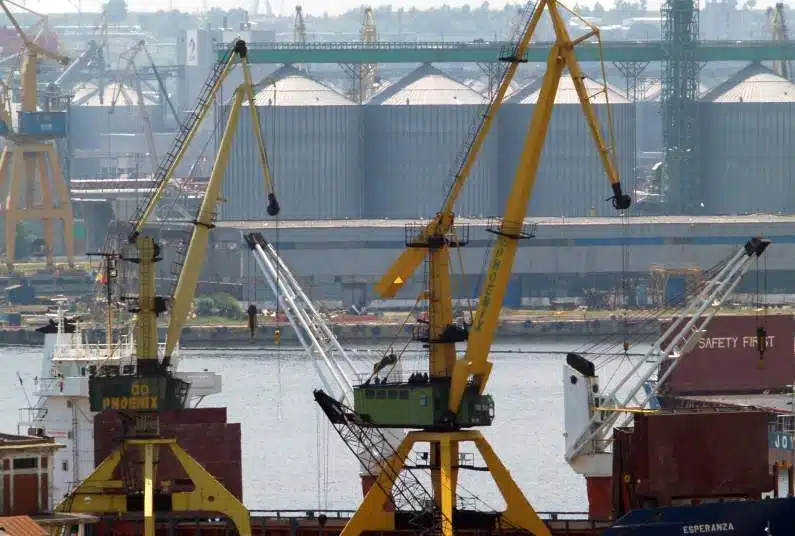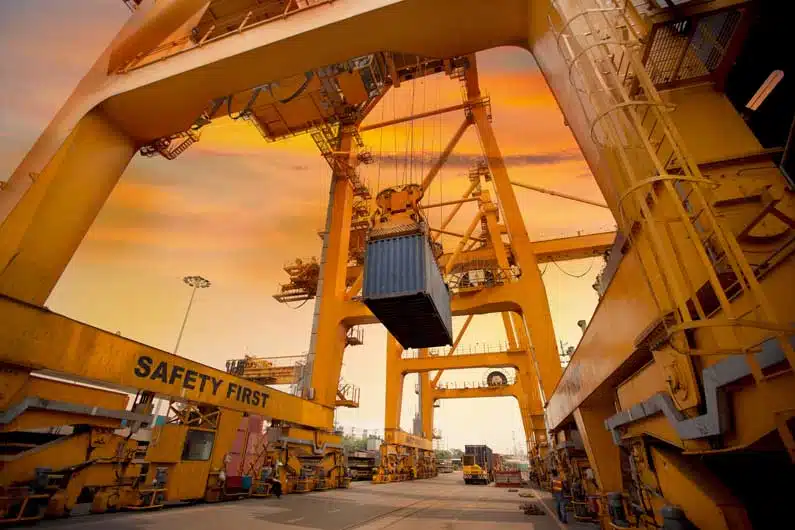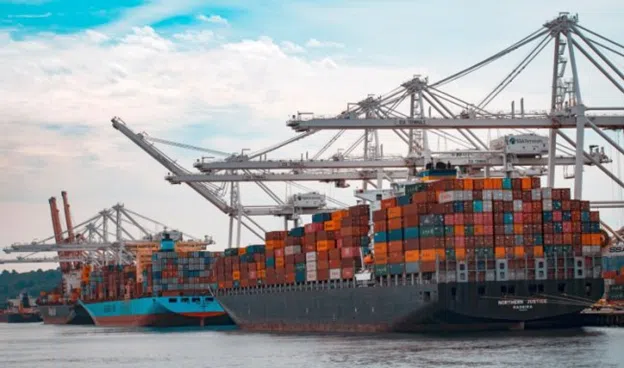The dollar is at its highest value since 2003. This rise in value happened quickly. And very few predicted the strong dollar in mid-2014. The share rise of the dollar over the past few months means that imports to the United States are increasing.
The price for a barrel of oil is at its lowest since 2008. Oil is the principal input in transportation as fuel. This means that transportation is cheaper now. The strong dollar combined with weak oil make importing goods very inexpensive. For the US consumer, this is fun news. (We’re reluctant to claim it is “good” due to the US consumer’s historic penchant to keep within his budget.)
Importing goods to the United States is difficult to do for the inexperienced. The United States Customs and Border Protection agency (US CBP) licenses individuals and companies as import services called Customs Brokers. Before importing to the U.S., one should consult with a good customs broker.
Customs brokers sound like they are very defined in their job descriptions. However, they do a variety of actions that are all part of the importing process. Customs brokers can advise on the right procedures, estimate expected duties, and make the filings with US CBP. Customs brokers can also classify the imports and help the customer get the right bond. Last, customs brokers should all be able to guide customers on how to retrieve cargo from the port or airport. There are fees to be paid to the terminals. There are documents to handover to freight stations. Their are procedures to follow and they are hard for the novice. A good customs broker can help do all of these things so the importer can get back to their main business instead of dealing with the byzantine bureaucracy of the US Government. Texas International Freight is a licensed customs broker.
Call Texas International Freight before you begin importing for guidance in clearing customs. Our expertise provides dependable information and peace of mind.


